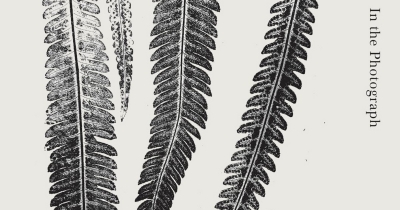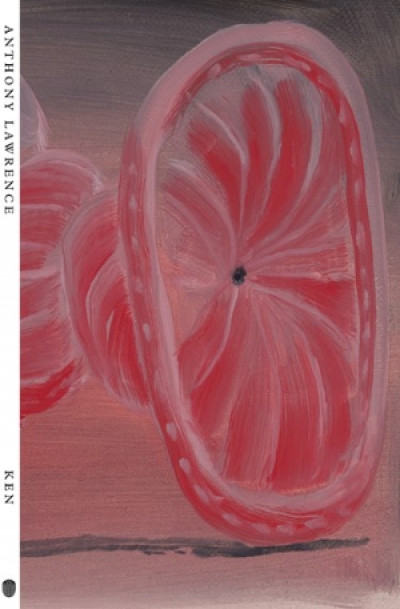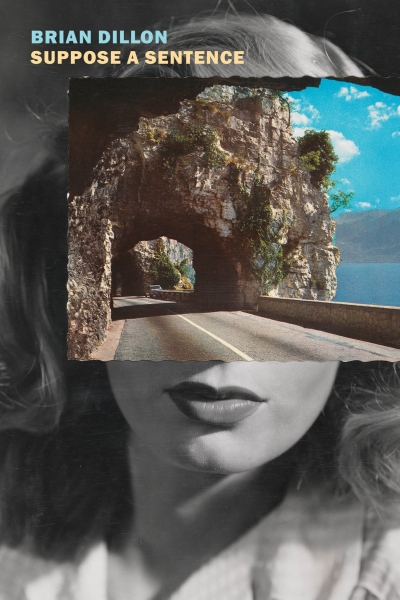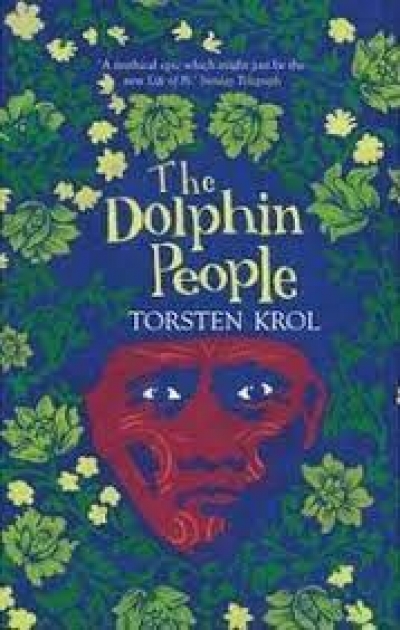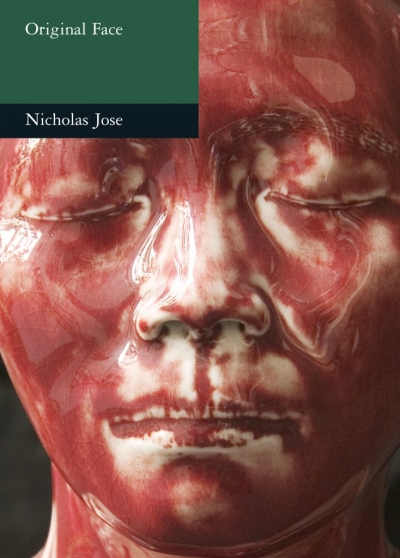Luke Beesley
Hear the way these poets use moonlight. According to a delicious detail in Jill Jones’s thirteenth full-length collection, Wild Curious Air (Recent Work Press, $19.95, 76 pp), ‘The moon’s light takes just over a second to reach our faces.’ In the context of meaning, note the length of the sound in the word ‘faces’. Jones affectingly contrasts this second with the light that left a star, centuries ago: ‘Always a past touches us, as this hot January forgets us.’
... (read more)Luke Beesley reviews three new poetry collections by MTC Cronin, Jordie Albiston, and Michael Farrell
If I were to make gauche generalisations about the poetics of MTC Cronin, Jordie Albiston, and Michael Farrell, I might respectively write conceptual, technical, and experimental. But these established poets – each in their fifties, highly regarded – display fluency with all these descriptors, especially in their latest books.
... (read more)Peter Kenneally reviews 'The Law of Poetry' by MTC Cronin, 'The Ladder' by Simon West, 'Jam Sticky Vision' by Luke Beesley, 'Immune Systems' by Andy Jackson, and 'The Hour of Silvered Mullet' by Jean Kent
With her first book, Zoetrope, in 1995, MTC Cronin announced herself as a very particular force in Australian poetry. It was not just that her début was so much more immediately arresting than most poets' first outings, but also that it had real authority. This authority, coming from force of intellect and a kind of absolutist, almost inscribed imagination ...
after Koch/Cohen, Malley/Breton, Roussel!
This, too, is about a thousand characters. It’s much like the
last one. I wouldn’t even read beyond the following sentence.
The following sentence is a silky thing – purple in the late
day, drizzled in afternoon fog. Inside a microwave oven is

